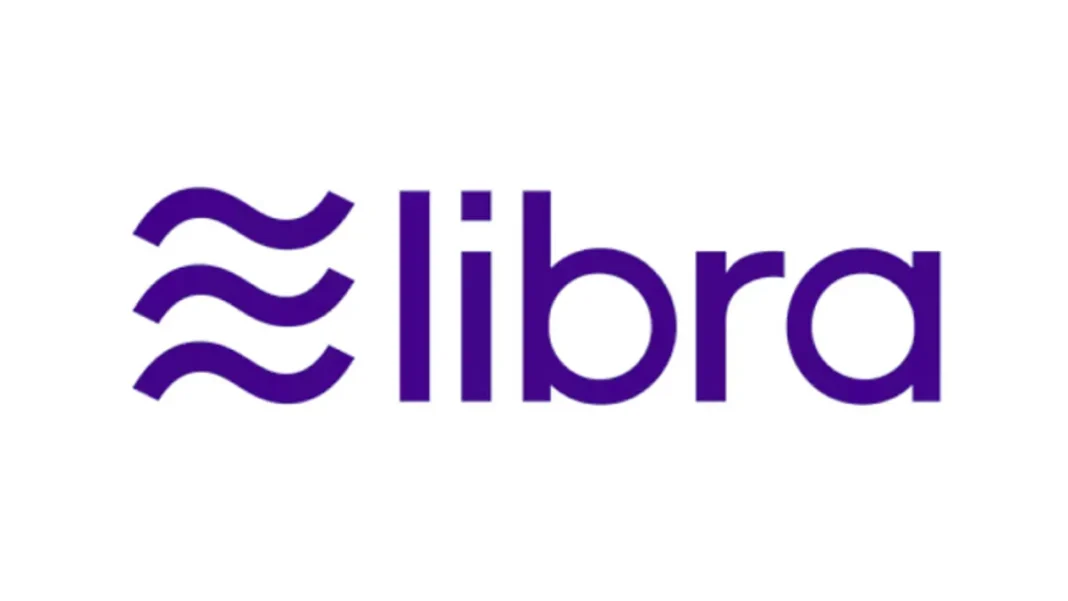The cryptocurrency world is no stranger to volatility, but the recent saga of the LIBRA token has highlighted the intersection of politics, influence, and market manipulation in unprecedented ways.
As we delve into the events surrounding LIBRA’s meteoric rise and catastrophic fall, it’s essential to understand the implications of Hayden Davis’ involvement in this unfolding drama.
Background of the LIBRA Token
The LIBRA token was launched on February 14, 2025, amid significant fanfare after Argentine President Javier Milei promoted it on social media.
Initially, the token surged to a market cap exceeding $4 billion, drawing in speculative investors eager to capitalize on its potential.
However, within hours, LIBRA’s value plummeted by over 90%, erasing billions in market value and leaving many investors reeling from substantial losses.
The rapid rise and fall of LIBRA were not merely a product of market dynamics; they were intertwined with allegations of insider trading and manipulation. Hayden Davis, a key figure behind the token and CEO of Kelsier Ventures, has found himself at the center of this controversy.
Allegations Against Hayden Davis
Davis has been accused of leveraging his connections to exert influence over President Milei. Text messages revealed that he boasted about paying Karina Milei, the president’s sister and advisor, to gain access to Milei’s decision-making processes.
In these messages, Davis claimed he could control Milei by sending money to his sister, raising serious ethical questions about the relationship between politics and cryptocurrency promotion.
Despite these allegations, Davis has denied any wrongdoing. He insists that the collapse of LIBRA was due to a “failed strategy” rather than a deliberate attempt to defraud investors.
He described the situation as a “plan gone miserably wrong,” asserting that he currently holds around $100 million from the project without clear direction on how to proceed.
The Mechanics of the Launch
Davis admitted that his team engaged in “sniping” during LIBRA’s launch—an industry term for using automated trading strategies to buy tokens before other investors can enter the market.
This tactic is often employed to create an initial liquidity pool that can absorb larger sell orders later on. While Davis justified this approach as necessary for protecting the project from other snipers, it raises ethical concerns about transparency and fairness in trading practices.
Moreover, Davis indicated that there were plans for additional marketing support from Milei, which were abruptly withdrawn amid political pressure.
This withdrawal contributed significantly to the token’s rapid decline in value shortly after its launch.
Political Fallout and Market Implications
The fallout from the LIBRA scandal has been significant not only for investors but also for Argentine politics. Opposition leaders have called for an impeachment trial against President Milei, labeling the incident “Critpogate.”
The scandal has cast a shadow over Argentina’s stock market and raised questions about regulatory oversight in cryptocurrency markets.
As investigations into insider trading and potential fraud continue, the implications for cryptocurrency regulation are profound. The case underscores the need for clearer guidelines governing how cryptocurrencies are promoted and traded, particularly when political figures are involved.
Broader Implications for Cryptocurrency
The LIBRA controversy serves as a cautionary tale for both investors and regulators in the cryptocurrency space. It highlights several critical issues:
-
Transparency: The lack of transparency surrounding token launches can lead to significant investor losses and undermine trust in digital assets.
-
Influence and Ethics: The intertwining of political influence with cryptocurrency promotion raises ethical questions about accountability and governance.
-
Market Manipulation: The use of tactics like sniping can distort fair market practices, necessitating stronger regulatory frameworks.
As cryptocurrencies continue to evolve, incidents like LIBRA will likely prompt calls for more stringent regulations aimed at protecting investors while fostering innovation.
Conclusion
The rise and fall of LIBRA encapsulate a complex interplay between cryptocurrency markets and political dynamics.
Hayden Davis’ controversial role in this saga serves as a reminder of the challenges facing an industry still grappling with issues of regulation, transparency, and ethical conduct.
As investigations unfold and lessons are learned, stakeholders across the cryptocurrency landscape must navigate these turbulent waters carefully to restore confidence and ensure sustainable growth in this burgeoning sector.
Also Read
